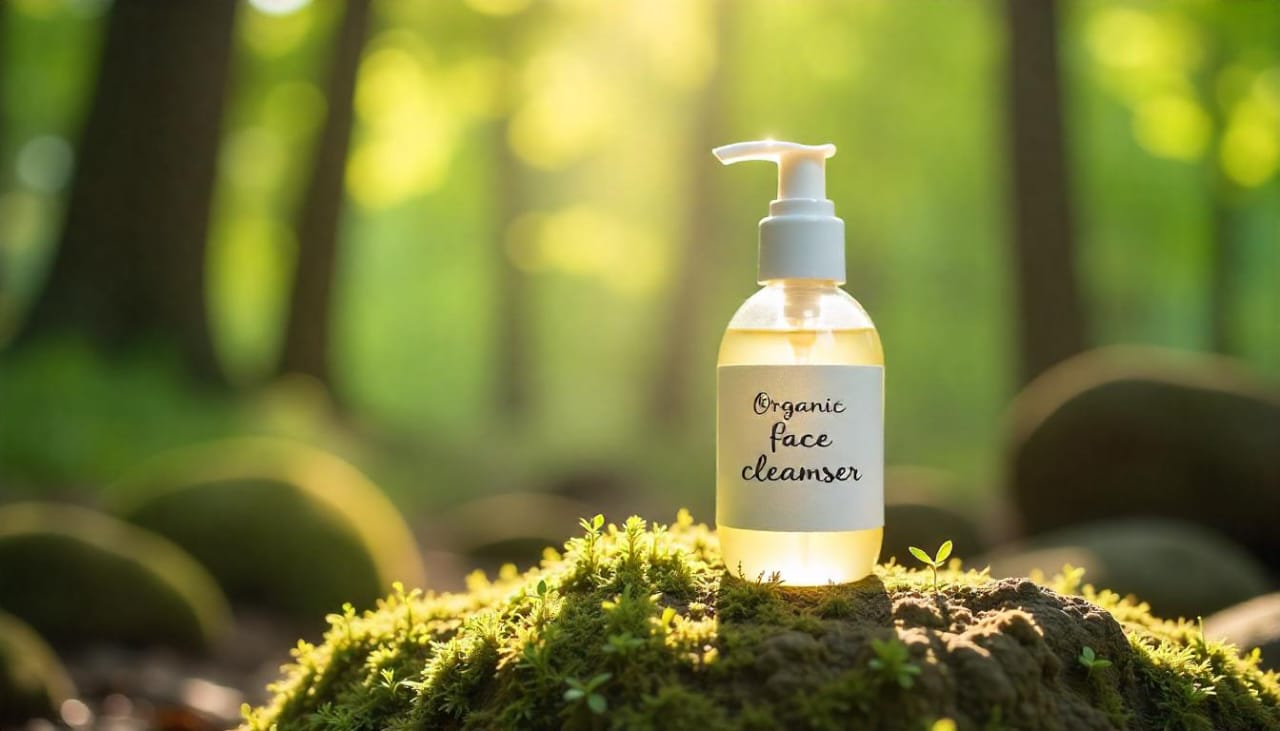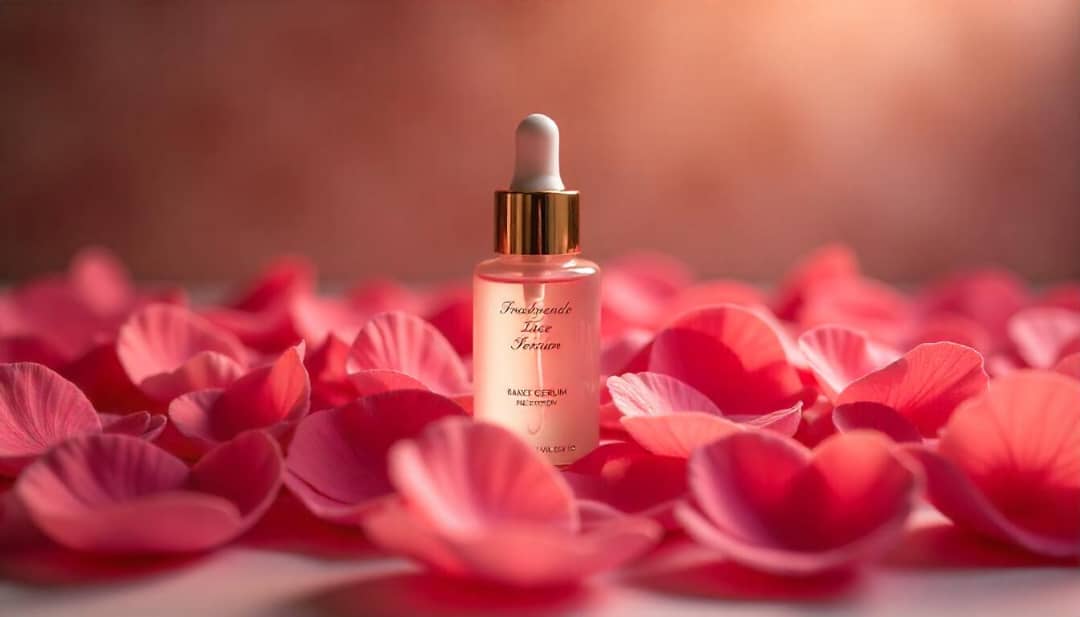Cleansing: The First Step to Healthy Skin
Cleansing is the cornerstone of any skincare routine. It’s the step that prepares your skin for serums, moisturizers, and treatments by removing dirt, oil, makeup, and impurities. However, when it comes to cleansing, there’s no one-size-fits-all answer. The question on everyone’s mind is: how often should you use a cleanser? Too little, and you risk clogged pores and buildup; too much, and you might damage your skin’s natural barrier. The frequency with which you should cleanse depends on your skin type, lifestyle, and goals. Let’s break down the optimal cleansing routine for various skin types and situations.
How Often Should You Cleanse?
1. For Oily or Acne-Prone Skin
If you have oily skin or are prone to acne, you might think that cleansing more often will help control your skin’s oil production. While it’s true that over-cleansing can dry out your skin, which triggers your sebaceous glands to produce even more oil, a well-balanced cleansing routine can help you manage excess oil and prevent clogged pores.
Recommended Frequency: Twice a day (morning and night)
- Morning: A gentle cleanser in the morning will remove the oil and sweat that your skin produces overnight. It won’t strip the skin but will provide a fresh canvas for the day ahead.
- Night: Cleansing at night is essential, especially if you wear makeup, sunscreen, or have been exposed to pollutants throughout the day. A second cleanse (like double cleansing) can help ensure all impurities are fully removed, leaving your skin clear and breathable.
Be sure to choose a gentle foaming or gel-based cleanser that is formulated to balance oil production, not strip it.
2. For Dry or Sensitive Skin
If your skin is dry or sensitive, over-cleansing can be damaging. Cleansing too frequently or with harsh formulas can compromise the skin’s moisture barrier, leading to irritation, redness, and tightness. In this case, it’s essential to use a gentle, hydrating cleanser and avoid stripping the skin of its natural oils.
Recommended Frequency: Once or twice a day
- Morning: If you don’t feel the need to cleanse in the morning, simply splash your face with water to refresh it. If you use a heavier moisturizer at night, a quick, gentle cleanse in the morning might be all your skin needs.
- Night: Cleansing at night is crucial for removing any makeup, sunscreen, and impurities from the day. A nourishing, hydrating cleanser will help prevent dryness without compromising your skin’s protective barrier.
For dry skin, opt for cream-based or oil-based cleansers that leave your skin feeling soft and moisturized.
3. For Combination Skin
Combination skin requires a balanced approach to cleansing. Depending on whether your T-zone (forehead, nose, chin) is oily and your cheeks are dry, you’ll want to use a cleanser that won’t exacerbate either issue. You might find that you need to cleanse your T-zone more frequently while being gentler on the drier areas of your face.
Recommended Frequency: Twice a day
- Morning: A gentle foaming or gel cleanser will help control oil in the T-zone without being too harsh on the cheeks.
- Night: Double cleansing can be a great option at night to ensure you remove all makeup and sunscreen from your skin. Be sure to use a hydrating cleanser to balance any dryness.
A versatile, pH-balanced cleanser is perfect for combination skin, as it addresses both dryness and oiliness without over-drying or irritating your skin.
4. For Mature Skin
As we age, our skin becomes more delicate and less able to retain moisture. Over-cleansing can strip essential oils, leading to dryness and fine lines. Gentle cleansing helps preserve moisture while maintaining the skin’s elasticity and softness.
Recommended Frequency: Once or twice a day
- Morning: A simple rinse with lukewarm water or a mild, non-foaming cleanser should suffice. If you use anti-aging products or sunscreen, a gentle cleanse will ensure they go on smoothly.
- Night: Cleansing at night is essential for removing makeup, pollutants, and skincare residue. Opt for a mild, creamy cleanser or an oil-based cleanser that hydrates and nourishes as it cleanses.
Choose a hydrating, nourishing cleanser with ingredients like hyaluronic acid, peptides, or ceramides to maintain your skin’s hydration and smooth texture.
Special Circumstances: When to Cleanse More Often
While most people benefit from cleansing once or twice a day, certain situations may require more frequent cleansing. Here are some factors to consider:
1. After Intense Physical Activity
If you’ve been sweating due to exercise, your skin may have more buildup than usual. Sweating can mix with oil and dirt, leading to clogged pores. If you’ve worked out or sweat excessively, a second cleanse is a great way to prevent breakouts.
2. After Wearing Heavy Makeup or Sunscreen
If you’ve worn long-wear makeup or layers of sunscreen, it’s essential to double cleanse at night. Start with an oil-based or micellar cleanser to break down the products, followed by a gentle gel or cream cleanser to ensure your skin is completely clear.
3. Exposure to Pollutants
If you live in a city with high levels of pollution or if you’ve been exposed to environmental stressors (like smoke or harsh weather), cleansing more frequently at night can help remove toxins that could otherwise irritate your skin.
What Happens If You Over-Cleanse?
While cleansing is crucial for maintaining healthy skin, too much of it can do more harm than good. Over-cleansing can strip the skin of its natural oils, leading to:
- Dryness and tightness
- Increased sensitivity or redness
- Acne or breakouts due to oil imbalance
- Deterioration of the skin’s moisture barrier
The goal is to find a balance. Cleansing should leave your skin feeling clean, not parched or irritated. If you notice dryness or redness after cleansing, it’s a sign that you may be overdoing it.
Conclusion: Tailor Your Routine to Your Skin’s Needs
In the end, the best frequency for cleansing depends on your skin type and lifestyle. Oily skin types may benefit from cleansing twice a day, while dry or sensitive skin types should stick to once a day to maintain balance. Regardless of your skin type, it’s important to choose the right cleanser for your needs and avoid over-cleansing to preserve your skin’s natural barrier.





Leave a Reply